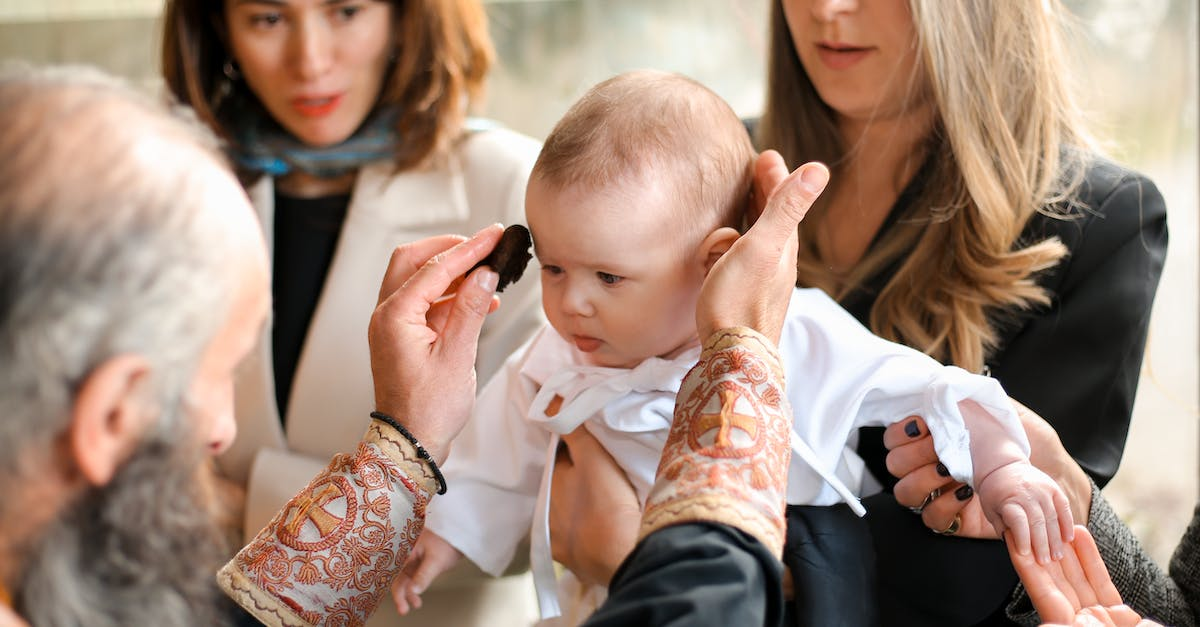Why Blended Families Need An Estate Plan
Why Blended Families Need An Estate Plan
Blended families were once considered “non-traditional” families, but today, blended families are becoming just as common as non-blended families. Currently, 52% of married couples (or unmarried couples who live together) have a step-relationship of some kind, and 4 in 10 new marriages involve remarriage.
If you’re part of a blended family, you’ve probably recognized the extra layer of complexity that comes with planning for your family’s needs and accommodating the many relationships that exist between step-parents, step-kids, and step-siblings. Topics that might be straightforward for a “traditional” family - such as where to spend holidays or who gets the old family car - are more complex.
Feelings and family bonds tend to be more sensitive, as the person in a “step” role may feel self-conscious about their place in the family and at time, feel like an “outsider.” On the other hand, blended families also have to work through children feeling a sense of loss, abandonment, isolation, or that they’re being replaced by the addition of a new step-parent, step-sibling, or half-sibling.
In a blended family, parents have to navigate these complexities to keep the family unified and happy. But what you might not know is that our laws are still very much based on the traditional family model, which means that if you become incapacitated or die, your blended family may end up in court and conflict without addressing them in advance through estate planning.
What The Law Says About Blended Families
Every state has different provisions for what happens when you become incapacitated or die, and the laws of the state where you become incapacitated or die may or may not match your wishes. What’s more, even though you may see your step-family members the same way as your blood relatives, the law does not.
For example, in Illinois, if you are survived by a spouse, they will receive half of your estate if you have living children, and your natural born children will receive the other half.
In contrast, in California, all community property assets would go to your surviving spouse, and separate property assets would be distributed partially to a surviving spouse and partially to children, if living, in amounts depending on the number of surviving children.
In Texas, it can get very complex, depending on whether your assets are separate or community, and whether you have children from the marriage, no children from the marriage or living parents or siblings.
As you can see, depending on what state you live in you may be thinking that this may not be the result or outcome you want for your loved one when you die, especially in a blended family situation. On the other hand, if you’re thinking that is what you would’ve wanted, you need to know that this will only apply to property you own individually and that you may inadvertently be disinheriting your kids, just like my grandparents did. We’ll get into that story in a moment, but for now, all you need to know is that the law in your state and how you open your property will drastically affect how it is distributed after your death. That’s why it’s so important to educate yourself and create an estate plan for your blended family well in advance of the government’s default plan being decided for them by a stranger (the Judge). In addition, I encourage you to discuss your plan with the members of your family to avoid hurt feelings, confusion, misunderstanding or pain in the future.
Avoid Conflict in Your Blended Family Through Open Communication
Money is a taboo subject in most families. Similarly, estate planning is often seen as a highly private affair, but it doesn’t have to be, and in my opinion, it shouldn’t be. In the case of a blended family, having open conversations with your loved ones about your estate plan and your goals for the family can save them from hurt feelings and even court battles in the future.
Like all families, how you plan for your blended family will depend entirely on your family dynamics, your family members' situations, and your own personal values for how an inheritance should (or shouldn’t) be received and what kind of legacy you want to leave behind.
Maybe you have step-kids and biological kids but want all of your “children” to inherit an equal share from you and your spouse. Maybe there’s a large age gap in age between your step-kids and biological child, so you want to make sure that your youngest has the financial support they’ll need if something happens to you, whereas the older children will be adults and capable of supporting themselves.
Maybe you have a step-parent or step-sibling that you would want to gift a special item of yours like a watch or necklace. Well, for better or worse, a person you have a step-relationship with has no right to inherit from you under the law, unless you put your plan in writing.
You don’t need to give away every detail of your Will or Trust, or tell everyone who you named to make decisions for you if you’re incapacitated. Instead, start by having an open conversation about the general goal of your estate plan, such as wanting everyone to have an equal share, or that you want to provide more for your biological children because your step-children will already receive a full inheritance from their other parent.
By taking the mystery out of your estate plan goals and educating them on the law in your state, your stepchildren will feel included in the discussion and feel like they are knowledgeable about your plan rather than feeling hoodwinked or hurt if they find out later that your plan doesn’t align with the expectations they created in their minds. That’s why I encourage my clients to involve their children in their planning objectives and goals through “family meetings.” Once my clients’ children hit an age where they feel comfortable bringing them in, I welcome them to join us and bring them into the discussion during my client’s estate plan check-up meetings with our firm.
Regardless of when or where, it’s important to let the people in your life know you value and love them, and that no matter how they’re related to you, you care about them and want them to inherit not just material things from you, but also your values, family history and legacy.
Avoid the Unintended Disinheritance For Your Kids
One of the primary situations a blended family needs to plan for and avoid is the unintended disinheritance of your kids. It’s far too common and often something that no one is even aware of or considers, but my family has been affected by this exact situation. My grandfather died at the age of 41, a year before I was born. When my grandfather died, my grandma told my mom and her sisters that he had left money behind for them and that they would be taken care of when and if something ever happened to her. Years later she remarried my step-grandfather (I think that’s what he would have technically been called). As I was growing up, he was the only “grandfather” I knew on that side of the family. When my grandmother died, I was still pretty young, but it wasn’t until I reviewed and discussed my parent’s estate plan and experiences with them that I found out my grandmother unintentionally disinherited my mom and aunts.
When my grandmother died my mom was told that there wasn’t anything left and months later, without any explanation, she received a check for $5,000. So, my mom and her sisters received a total of $15,000, which allegedly represented my grandparents’ lifesavings. To this day, they have no idea what was left behind or what their mother would’ve wanted. Years later and without any of the facts, I’m guessing my mom was disinherited for the same reasons it happens to most families. If my grandmother and her husband owned everything jointly and named each other as beneficiaries of their accounts, it would automatically pass to the other person when they die. The jointly owned house, bank accounts and retirement accounts, where they are named as each other’s beneficiaries, all instantly became their sole property upon the other’s death and will ultimately pass only to their “children.” So, in essence, his family won the game of chance and mine lost, sheerly because my grandmother died first. In estate planning, we refer to this as an unintended disinheritance.
If I could ask my grandmother, I’m assuming that wasn’t the result she would have wanted or intended. Yet, she didn’t have a plan and she owned all her property in such a way that her children were disinherited and received no information or money upon her death. All of which could’ve been easily avoided if she was educated on her options and discussed these issues openly with her family, instead of leaving a ton of unanswered questions decades later.
Create More Than a Plan, Create a Family Legacy
To make sure your wishes for your blended family are followed in the event of your death or incapacity, it’s essential to have a well-crafted estate plan created by an attorney experienced in serving blended families. As your Personal Family Lawyer® and a recovering divorce attorney of twenty years, I know all too well the importance of planning for blended families and can help you navigate your options and desires for your family.
What really sets me apart from other estate planning lawyers is that I know that your material possessions are only a small part of a successful estate plan. What will really matter to your family members, no matter how they became your family, is the legacy you’ll leave behind. Instead of leaving your family with unanswered questions, or even worse, a mess to be battled over in court, it is within your power to leave your family with an example of financial responsibility and thoughtfulness because you’ve invested the time and effort to create a plan that incorporates your personal family history, dynamics and wishes.
To do this, I include what I like to call a Family Legacy Interview with all my estate plans. During this interview, I give you the opportunity to leave your most important assets - your values, stories, wishes and wisdom - to your family in a meaningful way that they’ll cherish for years after you’re gone.
And for a blended family, the Family Legacy Interview can be even more valuable, because it gives you the opportunity to really speak to your loved ones about the plan you created for them and how much you value the place they hold in your heart.
If you want to protect your blended family from a court battle and emotional conflict, give me a call today to schedule a Family Wealth & Legacy Strategy Session™. During the Session, I take the time to really get to know you and your family’s unique situation and educate you about what exactly will happen to your family under the law if something happened to you right now. If we’re a good fit and decide to work together, I offer free three-year check-ins with your family and when it’s appropriate, we’ll bring your “children” into the conversation and involve them in “your plan.” That way we’ll prevent our clients and their children from ever going through what my family went through.
If you’re interested in learning more, give us a call at (630) 233-4223 to schedule your session.
This article is a service of Family Wealth & Legacy Legal Solutions (FWLLS). We do not just draft documents; we ensure you make educated, informed and empowered decisions for yourself and the people you love. That's why we offer a Family Wealth & Legacy Strategy Session™, during which you will get educated and begin to prepare to avoid life’s most common legal problems and get a plan in place to make the best possible choices for the people you love. You can begin by calling our office today to schedule a Family Wealth & Legacy Strategy Session and mention this article to find out how to get this $750 session at a significantly discounted rate, or even for free.
Contact Us
We will get back to you as soon as possible.
Please try again later.
Contact Us
We will get back to you as soon as possible.
Please try again later.


© 2023 Biederstadt Law. All Rights Reserved.











